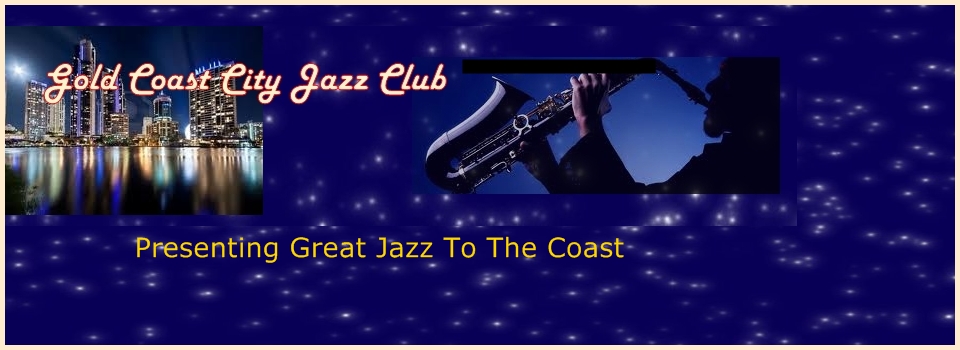Singer Anthony “Tony” Benedetto was born on August 3rd, 1926 in New York City, New York.
After fighting on the frontline of WWII, he returned to the States to pursue a career in singing and adopted the stage name Bennett.
He embarked on a career of his own as a pop singer during the early 1950s, scoring his first hit with “Because of You” for Columbia Records in 1951.
Tony Bennett went on to work with the “Count Basie Orchestra” as the first male pop vocalist to sing with the band, beginning in 1958 with the album “Basie Swings, Bennett Sings.”
Tony Bennett performs live at Carnegie Hall accompanied by the “Count Basie Orchestra” in 1981.
Set List:
1 “Don’t Get Around Much Anymore”
2 “Sophisticated Lady”
3 “It Don’t Mean A Thing”
Anthony Dominick Benedetto was born on Aug. 3, 1926, in New York City.
He grew up in poverty during the Great Depression due to his father’s ailing health, and he passed away when Bennett was ten.
Around that time, Tony Bennett began singing in public, inspired by Al Jolson, Judy Garland, Bing Crosby, and Louis Armstrong.
He began singing for money when he was 13 and worked as a singing waiter in restaurants. However, he originally thought that his future would be as an artist; he studied painting and music at New York’s School of Industrial Art.
At 16, Bennett dropped out of school to support his family, having odd jobs while winning amateur nights in clubs at night.
Drafted into the U.S. Army in Nov. 1944, he saw active duty in France and Germany and helped liberate a concentration camp.
After Germany was defeated, Bennett sang with an Army band, was discharged in 1946, and freelanced as a singer.
In 1949, he was discovered, first by Pearl Bailey, who had him open for her, and then by Bob Hope, who took him on the road and suggested he shorten his name to Tony Bennett.
The following year he was signed to the Columbia label, and in 1951, he had his first hit with “Because Of You,” which was followed by “Cold Cold Heart,” “Blue Velvet,” “Rags To Riches,” and “Stranger In Paradise.”
Although he was mostly recording pop ballads, Bennett loved jazz and, with guitarist Chuck Wayne as his musical director, he made a jazz-oriented album in 1955, Cloud 7.
Never really a jazz singer since he did not improvise much, Bennett nevertheless used jazz backing for many of his performances, with pianist Ralph Sharon joining him for the first of two years-long stints in 1957.
Bennett recorded with the Count Basie Orchestra for two albums during 1958-59 (Basie Swings, Bennett Sings and In Person) and used jazz sidemen whenever he could.
With his 1962 recording of “I Left My Heart In San Francisco,” Bennett not only had his trademark song but was considered a pop/jazz superstar. Other hits of the era included “I Wanna Be Around” and “The Good Life.”
However, the rise of the Beatles and rock resulted in there being pressure on Tony Bennett to record pop and rock songs; he resisted and left Columbia in 1972.
Struggling during the era and determined to only perform and record the swing standards and Great American Songbook classics that he loved, Bennett formed the Improv label. During the mid-1970s, he recorded two classic duet albums with pianist Bill Evans.
After the label eventually failed, Bennett had a long period in which he was scuffling.
But in the late 1980s, with his son Danny Bennett as his new manager, Tony Bennett and his music were introduced to younger audiences without the singer compromising his material; the result was a major comeback that lasted for 30 years.
Even when Tony Bennett recorded duets with pop artists such as Lady Gaga, it was on his terms and with the classic vintage material that he loved.
Always a class act, Bennett encouraged younger singers and jazz artists.
Outliving nearly all of his contemporaries, Tony Bennett stayed extremely busy even after the beginning of his contracting Alzheimer’s disease, performing for the final time in August 2021 when he was 95.
Here is Tony Bennett on the Ed Sullivan Show in 1965, singing “I Left My Heart In San Francisco” and “I Wanna Be Around,” accompanied by Ralph Sharon, cornetist Bobby Hackett, and an unseen orchestra.
-Scott Yanow

Speak Your Mind